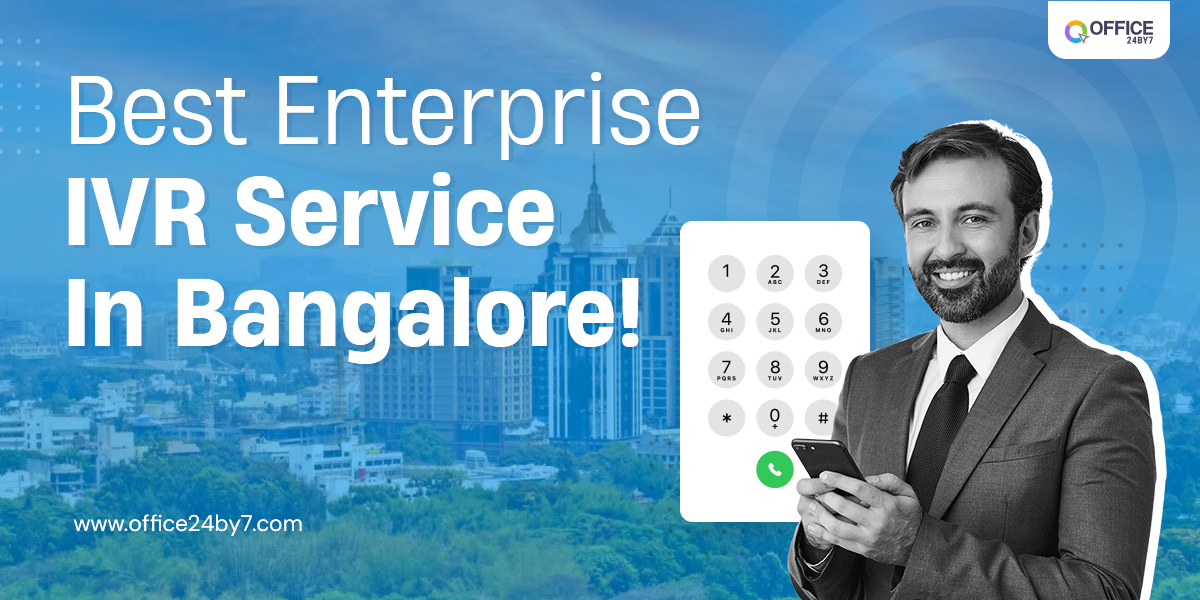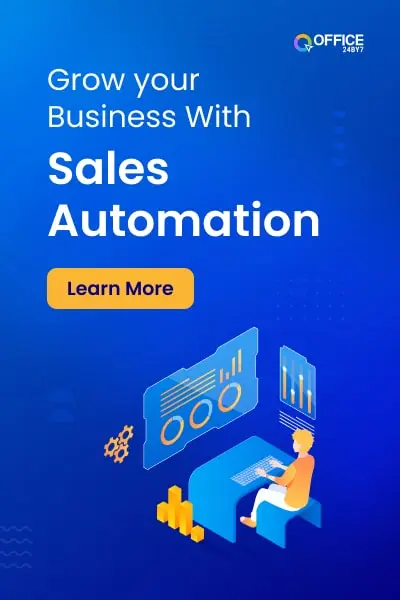Cloud call centers are a popular choice for businesses of all sizes. They offer a number of benefits over traditional on-premises call centers, including cost savings, improved customer service, scalability, and reliability. Organizations must understand them in detail to choose between an on-premise vs. cloud contact center.
Here, we discuss in detail about the cloud-based call center. It discusses what they are, their benefits, and the different cloud call centers available. It also explores the features of cloud call centers and how to choose the right one for your business.
This article is a must-read if you are considering switching to a cloud-based call center. It will provide you with all the information you need to make an informed decision.
- What is a Call Center Solution
- Types of Call Centers
- What is an On-Premise Contact Center?
- Difference between Cloud and On-premise Voice Services
- Cloud Telephony
- Virtual Number
- Best Cloud Call Center Software in the Market in 2023
What is a Call Center Solution?
A call center solution can also be termed call center software. The program will help organizations land significant calls, whether inbound or outbound. With this software, organizations can route these calls to the desired numbers, trigger the pre-recorded messages, record calls, gather customer information, and efficiently conduct various other actions. With the new generation of consumers expecting quick answers to calls and resolution to issues, the need for proper cloud call center software is becoming inevitable.
The best thing about a cloud-based call center solution is that you can integrate it with multiple channels like live chat, email, social media, and SMS messaging to make customer communication seamless.
Types of Call Centers
Call centers offer a wide range of services, and different call centers provide various services. It is crucial to understand which type of call center offers what service.
Inbound Call Center
The Inbound call center provides incoming call services to companies. This service is helpful to existing customers, new customers, or even the staff of an organization. Companies can provide many services using this inbound calling feature, including order processing, help desk support, logistic tracking services, call addressing, emergency response, etc.
Outbound Call Center
Outbound calls are an effective and affordable way to reach prospective customers. You can get your representatives on the call with the leads and market your product or service to them. The common applications for outbound call centers are to expand the sales reach, product or service sales, EMI Reminder, etc.
Automated Call Centers
Automated call centers will help reduce call management costs with the help of computer-based systems. These computer-based systems will take care of many caller responsibilities. These centers just need an operator who will take care of the systems. The automated call center is used mainly for managing voice broadcasting, Interactive Voice Responders (IVRs), schedule reminders, etc.
Omnichannel Call Center
Customers love having a personalized experience. You can offer this using an omnichannel call center. These contact centers use all available channels to communicate with customers. With people expecting a customized and better experience, providing them with an omnichannel service is always a good idea.
What is an On-Premise Contact Center?
Also called legacy contact centers, on-premise contact centers will be operated in a particular business area alone. The companies must invest in hardware and software, which will be located in one place and must be operated from there. These contact centers are based on platforms provided by Avaya, Cisco, and Genesys.
The on-premise contact centers are outdated technology and unsuitable for disruptive changes in customer behavior. The setup of an on-premise contact center takes 7-24 months, and any upgrade of systems will take 9-12 months. This impacts the overall performance of an organization.
Difference between Cloud and On-premise Voice Services
The on-premise vs. cloud contact center debate proves that they have their own set of advantages and setbacks, including:
Deployment
The hardware and software are deployed in an on-premise voice service on the client’s premises, and organizations should bear setup costs and have a team of experts available. However, the cloud has different setups – private, shared, hybrid, etc. All of these are preferable for businesses according to the requirement. Businesses should just pay and access these resources at any given time.
Control
In an on-premise setup, the organization controls all the data. Due to this privacy concern, most highly regulated organizations hesitate to move to the cloud. Understanding who controls the data has always been a struggle in the cloud. Even vendors are troubled by this question. Although encryption and third-party keys are available, relying on them alone takes work.
Cost
The organizations are responsible for all the ongoing costs related to hardware, software, space, and power consumption. The cost has always been a significant drawback of on-premise setup. The businesses that opt for cloud telephony should spend money on the resources they use and nothing else. They don’t have to worry about maintenance or any other issues. The pricing can decrease or increase depending on the usage of resources.
Security
Some businesses deal with extra-sensitive information and need high-end security. For such companies, an on-premise setup offers greater security than the cloud. Here, they have the entire data stored in their device, which any third party person cannot access without permission. The cloud-based call center setup has some security concerns, even with effective encryptions. Although IT people struggle to protect data, there still needs to be a guarantee of complete security in the cloud.
Scalability
In an on-premise setup, scalability is in question. Adding extra devices, deploying software, etc., will consume much time and come at a heavy price. Scalability is a great advantage when it comes to the cloud. Businesses can just use extra resources and pay for it. The setup is so simple and efficient.
While discussing on-premise vs. cloud contact center, we should look at different functionalities that make cloud contact center a better choice.
Cloud Telephony
Everything is moving to the cloud lately, so why not your PBX system? Cloud telephony means hosting your PBX on the cloud itself. The service will be based on VoIP. Cloud telephony is a part of UCaaS (Unified Communications as a Service), a model that brings various collaboration tools and communication systems together. You can connect your phone system with other messaging services, video meetings, CRM, etc.
Cloud telephony works with the help of the Internet. Whenever you place a call, it is routed to the required number by your service provider. The analog signals are converted into digital packets, and then they are transmitted via your internet connection.
Cloud telephony provides many features like call forwarding, live call monitoring & whispering, call queueing, call conferencing, Interactive Voice Response system, sticky agents, call recording, analytics and reporting, API Integrations with different platforms, Blended Call Center, marketing initiatives like SMS marketing, etc.
Virtual Number
Virtual phone numbers aren’t limited to a fixed location. With this number, users can connect to anyone at any time with the help of VoIP. Users can deploy desk phones, softphones, mobile, etc., for communication. The virtual number acts as a mask for the original phone number, and businesses can use it to receive both inbound and outbound calls. They provide great anonymity despite looking like an actual number.
The virtual numbers don’t have any SIM or wired connection. They are provided by the operator in the cloud, and when a customer contacts this number, the call will land in the preexisting mobile/telephone number. Virtual phone numbers provide many benefits, including privacy, sync with preferred devices, affordability, etc.
Right now in India, there are four types of virtual phone numbers India available:
- Landline Number: Eight-digit number with an STD code as a prefix. This number is used for intra-organization communication.
- Mobile Number: A ten-digit number that looks like a mobile number. Most of the field agents have this number to contact their customers.
- Toll-Free Number: A free calling number for customers. Businesses incur all the costs and attach the number to multiple channels.
- Local Number: Virtual local numbers with the STD code of the customer’s locality.
Best Cloud Call Center Software in the Market in 2023
Using the right cloud call center software is quite crucial for any organization. Today, we are going to discuss the top call center software that is present in the market right now. After comparing all of them, you can make your choice.
Nextiva
If you are looking for software that is relatively easy to learn and work on, then Nextiva should be one of your go-to options. This software has many features, and users can pay and use the ones they need. They don’t have to invest in the entire suite. The usage of this software is quite simple, and it doesn’t need any specific infrastructure either.
Office24by7
Office24by7 is one of the most popular 360-degree automation service providers in India. You will get a CRM with communication, marketing, and sales features. However, if you need only one, you can opt for that too. The brand has been trusted by so many famous enterprises all over. Their communication CRM provides everything that your agents need. From the CTI option to IVR and missed calls, the CRM has all the features to ease agents’ work.
CloudTalk
CloudTalk is another cloud telephony and IVR service provider that has become quite popular. Businesses can run their virtual call center from any part of the world. Like the name, it leverages cloud technology to provide a secure calling experience. The platform comes with a great dashboard that is relatively user-friendly. The businesses will get to choose their preferred language with CloudTalk.
Five9
Five9 is an all-in-one cloud contact center. With this, customer service executives can work from anywhere without any hassle. They can set up some modern infrastructure or software without setting it up. Five9 is entirely customizable and is focused on meeting business requirements irrespective of size.
Zendesk Talk
Zendesk Talk is a call center that is entirely based on the cloud. They are reliable IVR service providers with advanced features and technology. It is built into the cloud ticketing system for Zendesk support. The agents will have access to the call logs of customers and various additional features like call recording, automated ticket creation, etc.
Conclusion
In this article, we have covered all the required details related to the call center on the cloud. Most businesses are moving to the cloud because of its flexibility and resilience. However, when making such a massive shift, it is vital to cover all bases. You can enable the transformation with different cost-effective packages without burning a hole in your pocket. In terms of services and after-sales support, Office24by7 is the best call center software for small business and big enterprises.
Drop your details in our ‘Get Quote’ form, and we will get back to you.
Don’t have patience and don’t want to wait? Just call us at +91 7097171717 or email us at sales@office24by7.com.


